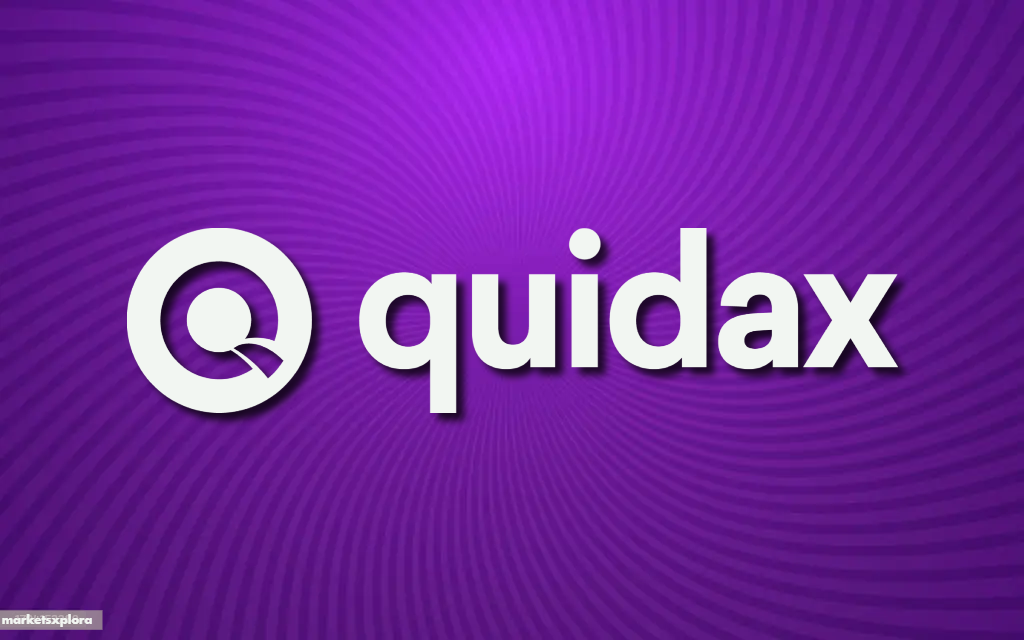Key Insights
- Quidax has applied for a Digital Assets Exchange license from Nigeria’s SEC, but clarifies it has not yet received approval, contrary to some reports.
- The potential licensing of crypto exchanges in Nigeria signals a possible shift in the government’s stance towards digital assets, following years of regulatory hostility.
LAGOS (MarketsXplora) – Quidax, a prominent African cryptocurrency exchange, has submitted an application for a Digital Assets Exchange license to the Nigerian Securities and Exchange Commission (SEC), the company confirmed on Wednesday.
This move comes amidst a flurry of incorrect reports suggesting that Quidax had already received a provisional operating license from the SEC.
Quidax Clarifies Nigerian SEC License Status
In a statement released on August 28, Quidax emphasized that while they have applied for the license and are optimistic about the outcome, they have not yet received official approval or the license itself from the SEC.
“We want to emphasize that while Quidax has indeed submitted an application for the Digital Assets Exchange license and we are optimistic about the outcome, we have not received official approval or the license itself from the SEC,” the company stated, urging stakeholders to disregard any reports suggesting otherwise.
If granted, the license would mark a significant shift in Nigeria’s stance towards cryptocurrencies, given the historical hostility from both the SEC and the central bank towards the industry.
Buchi Okoro, Quidax co-founder and CEO, had previously said that such a license would demonstrate that “the government is open to innovation and aims to build trust in the budding crypto ecosystem.” Okoro characterized the potential move not as a sudden shift in regulatory outlook, but as the “result of years of collaborative effort that takes time to ensure the resources are put in place to ensure compliance.”
The licensing process comes in the wake of the SEC’s June directive, which gave local “virtual asset service providers” a 30-day window to re-register their businesses with the agency or face potential enforcement action. This initiative aimed to amend Nigeria’s crypto regulations and introduce proper oversight to the industry.
Nigerian SEC Chief Emomotimi Agama recently hinted at imminent progress, stating in an interview last week that licenses were coming “sooner than you think.”
Read also! Nigeria’s FIRS Announces Plan to Present Crypto Taxation Bill to Parliament
A license would enable Quidax to collaborate with banks and other financial institutions with the approval of the Central Bank of Nigeria. The central bank had previously barred banks from enabling crypto transfers in 2022 but lifted that restriction in December 2023.
For aspiring digital asset exchanges, the Nigerian SEC mandates a minimum upfront capital requirement of 500 million naira ($556,620) and a current Fidelity Insurance Bond covering at least 25% of the stipulated minimum paid-up capital.
Nigeria Crypto Regulation Has Not Been Smooth
Despite these developments, relations between the crypto industry and the SEC remain tense. In June 2023, the agency warned Nigerians to be “wary of investing in crypto assets,” deeming them “extremely risky” with potential for “total loss of their investment.”
The Nigerian government has also taken action against Binance, the world’s largest crypto exchange, accusing it of market manipulation and manipulating the foreign exchange rate of the naira (NGN). In February, the government reportedly began restricting internet access to crypto exchanges, leading Binance to discontinue all deposit and withdrawal support for the NGN in early March.
Despite regulatory challenges, Nigeria continues to play a crucial role in the global digital asset ecosystem. The country, Africa’s largest economy, has consistently ranked high in global cryptocurrency adoption.
A recent survey of 15 countries found Nigeria to have the world’s most cryptocurrency-aware population. Furthermore, Chainalysis’ “2023 Cryptocurrency Geography Report” placed Nigeria second in crypto adoption among 154 countries.


